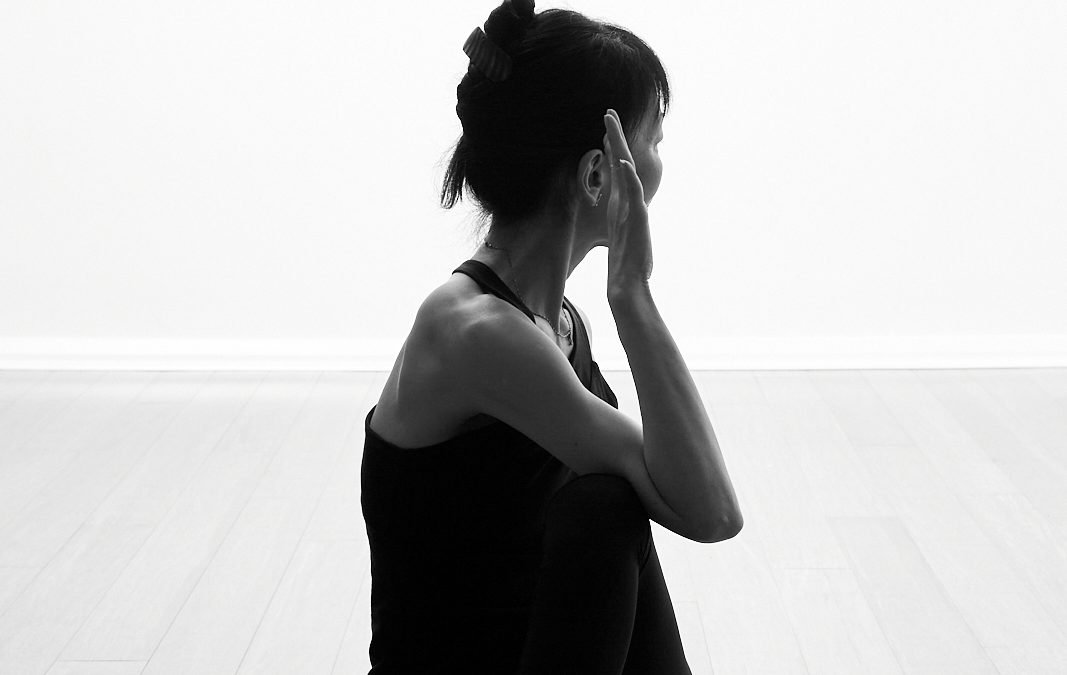लोकः समस्ताः सुखिनो भवन्तु
Lokāḥ Samastāḥ Sukhino Bhavantu
May all beings everywhere be happy and free, and may the thoughts, words, and actions of my own life contribute in some way to that happiness and to that freedom for all.
The Sanskrit equivalent of Mettā (Pali) is Maitrī (मैत्री), meaning loving-kindness, benevolence, or unconditional friendliness. Maitrī is one of the Four Divine Abodes (Brahmavihāras) in both Buddhism and Yoga philosophy, along with Karuṇā (compassion), Muditā (joy), and Upekṣā (equanimity). It also closely aligns with ahiṃsā (non-harming).
Loving-kindness is traditionally cultivated by repeating Śhānti Mantras—either aloud, silently, or in the mind. Daily repetition of Mettā phrases rewires the mind for kindness, patience, and inner peace. By consciously wishing happiness and freedom from suffering—for ourselves and others—the mind enters a deeply peaceful state, free from anger, jealousy, and fear. At first, we might not “mean” it, but the old saying “fake it until you make it” applies here.
Even scientific studies show that Mettā practice reduces stress, anxiety, and physical pain while increasing compassion and emotional resilience. Acts of kindness release endorphins, which can alleviate pain and strengthen relationships. Just a few minutes of practice each day can shift our mindset from judgment to love, from isolation to connection—creating a ripple effect of positivity in our lives and the world around us. Mettā practice is most effective in a relaxed state; you can practice before going to bed, right after waking up, and after meditation.
You can try it, simply repeat “may I be happy, may I be peaceful, may I be liberated”, three times and then expand to others, “may all beings be happy, may all beings be peaceful, may all beings be liberated” three times or more.
Almost all spiritual teachings preach kindness and compassion, but how do we actually do that? Mettā may be the most important practice of all, and it shows direct effects even after just one session. With regular practice, Mettā softens the heart long-term, making kindness an effortless, instinctive response rather than a conscious effort.
We will also start practicing kindness towards all sorts of situations in life. For example if you get sick and go to the doctor. We always think that there must be an error, we are sick again this is wrong. Why do we add negativity to what is part of life- sickness. With a strong Mettā practice we can add joy, kindness and fun to whatever we experience in life. Mettā also marks the end of the egoic mind and spiritual elitism— latter is the belief that one’s path, practice, or insight is somehow superior to others. It is skill-full to learn to have compassion for all beings, even when we think they are completely misguided.
The closer we are to someone, the more differences we sometimes seem to find. Think of your partner or a family member. It’s easy to find their faults because we know them so well. It’s certainly easy to find faults in ourselves. This dynamic even plays out among spiritual seekers from all sorts of philosophies and religions:
Here is a funny example I have read recently:
James: It’s rare to find someone who believes exactly as I do.
Michael: A blessing, truly. Which church do you attend?
James: St. Peter’s. Morning communion, as it should be.
Michael: Ah… I go to St. Mark’s. We take communion in the evening, like the apostles.
James: Morning honors the new day in Christ.
Michael: Evening follows the Last Supper’s example.
(Silence. They exchange a look.)
James: A small difference.
Michael: Very small.
James: But still—
Michael: Let’s not.
Sound familiar? I’ve heard versions of this before—and let’s be honest, I’ve probably said something like it too, in yoga style of course. The world needs more focus on what unites us, rather than what separates us. We must stick together, not divide over ego-driven elitism.
A strong Mettā practice could change this entire conversation. Instead of judgment, the response might simply be James saying “better than one service a day is two, how about I come to your church next Sunday for the evening communion.”
Less ego, more kindness. More connection, less division. That’s the REAL practice… aaah… I mean that’s a skill-full thing to do.
Always consider the bigger picture and give others the benefit of the doubt. Those we dislike may have endured great suffering. This may not justify their actions, but it offers an opportunity to cultivate understanding. If we can find even one thing that evokes compassion for them, our resentment begins to soften, our mind quietens.
However, practicing this is nearly impossible when we are stressed. That’s why self-care—rest, relaxation, and happiness—is essential. When we care for ourselves, kindness flows more naturally, and even spontaneous compassion becomes second nature.
– Dean Galip
